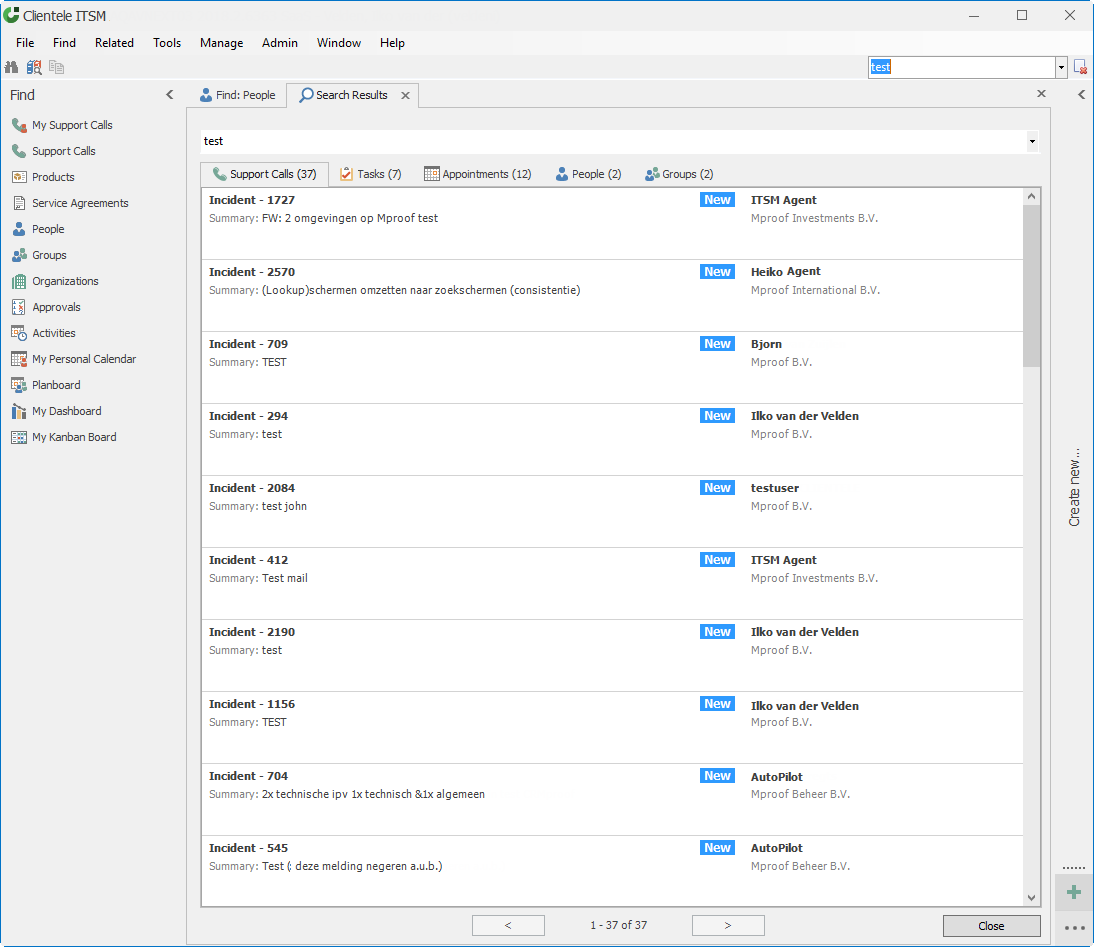

To boost a term use the caret, "^", symbol with a boost factor (a number) at the end of the term you are searching. Lucene provides the relevance level of matching documents based on the terms found. Inclusive range queries are denoted by square brackets. This will find all documents whose titles are between Aida and Carmen, but not including Aida and Carmen. You could also use range queries with non-date fields: title: Note that Range Queries are not reserved for date fields. This will find documents whose mod_date fields have values between 2002010101, inclusive.

Range Queries can be inclusive or exclusive of the upper and lower bounds. Range Queries allow one to match documents whose field(s) valuesĪre between the lower and upper bound specified by the Range Query. For example to search for a "apache" and "jakarta" within 10 words of each other in a document use the search: "jakarta apache"~10 Range Searches To do a proximity search use the tilde, "~", symbol at the end of a Phrase. Lucene supports finding words are a within a specific distance away. The default that is used if the parameter is not given is 0.5. The value is between 0 and 1, with a value closer to 1 only terms with a higher similarity will be matched. Starting with Lucene 1.9 an additional (optional) parameter can specify the required similarity. This search will find terms like foam and roams. For example to search for a term similar in spelling to "roam" use the fuzzy search: roam~ To do a fuzzy search use the tilde, "~", symbol at the end of a Single word Term. Lucene supports fuzzy searches based on the Levenshtein Distance, or Edit Distance algorithm. Note: You cannot use a * or ? symbol as the first character of a search. You can also use the wildcard searches in the middle of a term. For example, to search for test, tests or tester, you can use the search: test* Multiple character wildcard searches looks for 0 or more characters. For example, to search for "text" or "test" you can use the search: te?t The single character wildcard search looks for terms that match that with the single character replaced. To perform a multiple character wildcard search use the "*" symbol. To perform a single character wildcard search use the "?" symbol. Lucene supports single and multiple character wildcard searches within single terms Lucene supports modifying query terms to provide a wide range of searching options. Query string which is subsequently parsed, but rather added as a That can be specified with a pull-down menu should not be added to a are better addedĭirectly through the query API. All others, such as date ranges, keywords, etc.

In a query form, fields which are general text should use the query.Should be consistently program-generated. Program-generated values, like dates, keywords, etc., If a field's values are generated programmaticallyīy the application, then so should query clauses for this field.Īn analyzer, which the query parser uses, is designed to convert human-entered Untokenized fields are best added directly to queries, and not.

Parser is designed for human-entered text, not for program-generated Your queries directly with the query API. Parsing it with the query parser then you should seriously consider building If you are programmatically generating a query string and then.Version of Lucene, please consult the copy ofĭocs/queryparsersyntax.html that was distributedīefore choosing to use the provided Query Parser, please consider the following: Generally, the query parser syntax may change from Interprets a string into a Lucene Query using JavaCC. Language through the Query Parser, a lexer which Queries through its API, it also provides a rich query Although Lucene provides the ability to create your own


 0 kommentar(er)
0 kommentar(er)
